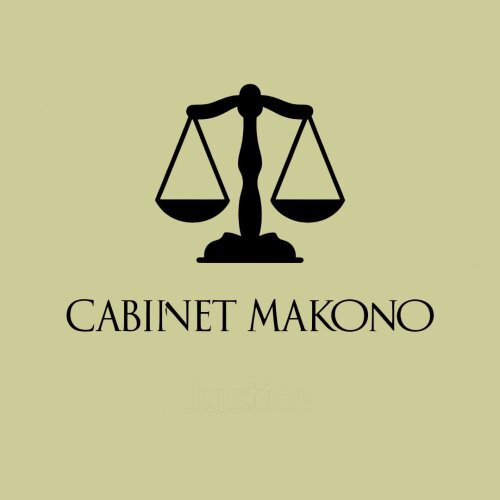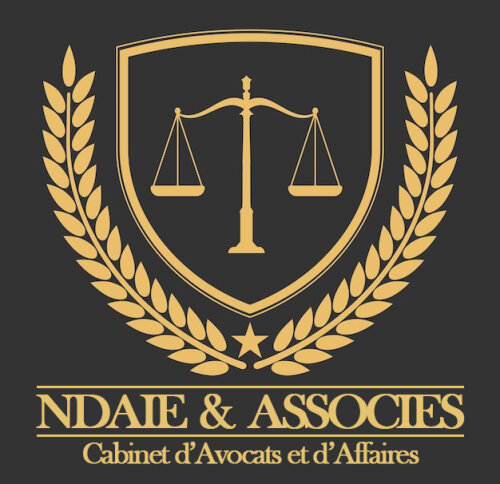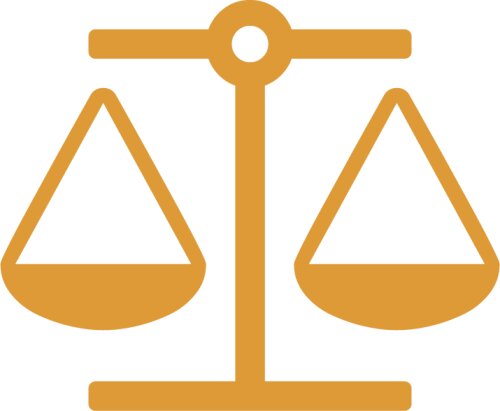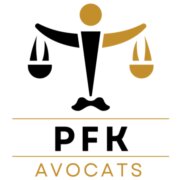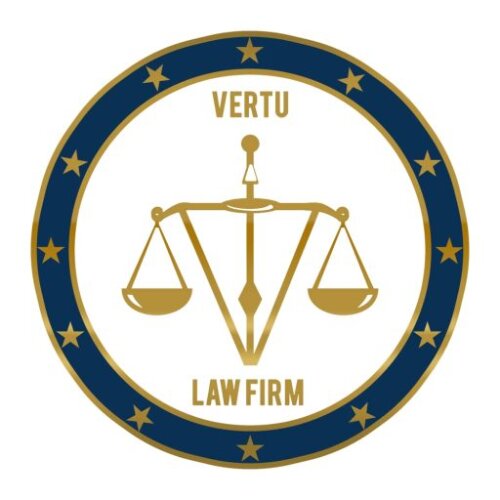Best Housing, Construction & Development Lawyers in DR Congo
Share your needs with us, get contacted by law firms.
Free. Takes 2 min.
Free Guide to Hiring a Real Estate Lawyer
Or refine your search by selecting a city:
List of the best lawyers in DR Congo
About Housing, Construction, & Development Law in DR Congo:
Housing, construction, and development play crucial roles in the economic growth and social well-being of the Democratic Republic of Congo. The legal framework governing these fields is complex and multifaceted, aiming to ensure fair practices, protect the rights of both property owners and tenants, and promote sustainable development.
Why You May Need a Lawyer:
There are various situations where individuals may require legal assistance in housing, construction, and development matters. These can include disputes over property ownership, rental agreements, construction contracts, land use regulations, building permits, zoning issues, environmental compliance, and more. A lawyer experienced in housing, construction, and development law can provide guidance, represent your interests, and help resolve any legal conflicts that may arise.
Local Laws Overview:
The legal framework for housing, construction, and development in DR Congo is primarily governed by the Civil Code, the Land Law, the Housing Law, the Urban Planning Law, and various regulations and decrees. Key aspects of these laws include property rights, land ownership, land use planning, construction standards, building permits, environmental protection, real estate transaction procedures, and dispute resolution mechanisms.
Frequently Asked Questions:
1. What are the rights and responsibilities of tenants and landlords in DR Congo?
In DR Congo, tenants have the right to live in a habitable property, pay rent on time, and request repairs when needed. Landlords must maintain the property in good condition, respect the tenant's privacy, and follow the terms of the lease agreement.
2. How can I obtain a building permit for a construction project in DR Congo?
To obtain a building permit in DR Congo, you must submit an application to the local authorities, provide detailed plans and specifications of the proposed construction, comply with zoning regulations and building codes, and pay any required fees.
3. What are the legal requirements for land use planning and development projects in DR Congo?
Land use planning in DR Congo is regulated by laws and regulations that define the permissible land uses, zoning designations, development standards, environmental impact assessments, public consultations, and land expropriation procedures.
4. How can I resolve a construction contract dispute with a contractor or subcontractor?
If you have a dispute with a contractor or subcontractor in DR Congo, you can try to negotiate a resolution through mediation or arbitration, seek legal advice from a housing and construction lawyer, or file a lawsuit in court to enforce your rights under the contract.
5. What environmental regulations apply to construction and development projects in DR Congo?
Construction and development projects in DR Congo must comply with environmental laws that require environmental impact assessments, pollution control measures, waste management practices, and conservation of natural resources to minimize the project's negative impact on the environment.
6. Can I appeal a decision by the local authorities regarding a housing or construction matter?
Yes, you can appeal a decision by the local authorities related to a housing or construction matter in DR Congo by following the administrative appeal procedures specified in the relevant laws and regulations or by seeking judicial review in court.
7. What are the legal requirements for property transactions and real estate investments in DR Congo?
Property transactions and real estate investments in DR Congo are subject to legal formalities, including the execution of written contracts, payment of taxes and fees, registration of ownership rights, verification of the property's title, and compliance with anti-money laundering regulations.
8. How can I protect my rights as a property owner in DR Congo?
To protect your rights as a property owner in DR Congo, you should secure a valid title deed, maintain clear boundaries, pay property taxes on time, keep your property in good condition, and seek legal advice if your rights are infringed by others.
9. Are there any government programs or incentives for affordable housing development in DR Congo?
Yes, the government of DR Congo has implemented programs and incentives to promote affordable housing development, such as tax breaks, subsidies, low-interest loans, public-private partnerships, and social housing projects to address the housing needs of low-income households.
10. How can I find a reliable housing, construction, and development lawyer in DR Congo?
You can find a reliable housing, construction, and development lawyer in DR Congo by asking for recommendations from colleagues, friends, or industry associations, conducting online research, contacting the Bar Association, and scheduling consultations with multiple lawyers to assess their experience, expertise, and communication style.
Additional Resources:
For additional information and resources related to housing, construction, and development law in DR Congo, you can consult the Ministry of Urban Development and Housing, the National Building Authority, the Congolese Bar Association, legal aid organizations, and professional associations for architects, engineers, and real estate professionals.
Next Steps:
If you require legal assistance or advice in housing, construction, and development matters in DR Congo, it is recommended to consult with a qualified lawyer specializing in this field. A lawyer can review your case, explain your rights and options, help you navigate the legal system, and advocate on your behalf to protect your interests and achieve a favorable outcome.
Lawzana helps you find the best lawyers and law firms in DR Congo through a curated and pre-screened list of qualified legal professionals. Our platform offers rankings and detailed profiles of attorneys and law firms, allowing you to compare based on practice areas, including Housing, Construction & Development, experience, and client feedback.
Each profile includes a description of the firm's areas of practice, client reviews, team members and partners, year of establishment, spoken languages, office locations, contact information, social media presence, and any published articles or resources. Most firms on our platform speak English and are experienced in both local and international legal matters.
Get a quote from top-rated law firms in DR Congo — quickly, securely, and without unnecessary hassle.
Disclaimer:
The information provided on this page is for general informational purposes only and does not constitute legal advice. While we strive to ensure the accuracy and relevance of the content, legal information may change over time, and interpretations of the law can vary. You should always consult with a qualified legal professional for advice specific to your situation.
We disclaim all liability for actions taken or not taken based on the content of this page. If you believe any information is incorrect or outdated, please contact us, and we will review and update it where appropriate.
Browse housing, construction & development law firms by city in DR Congo
Refine your search by selecting a city.




